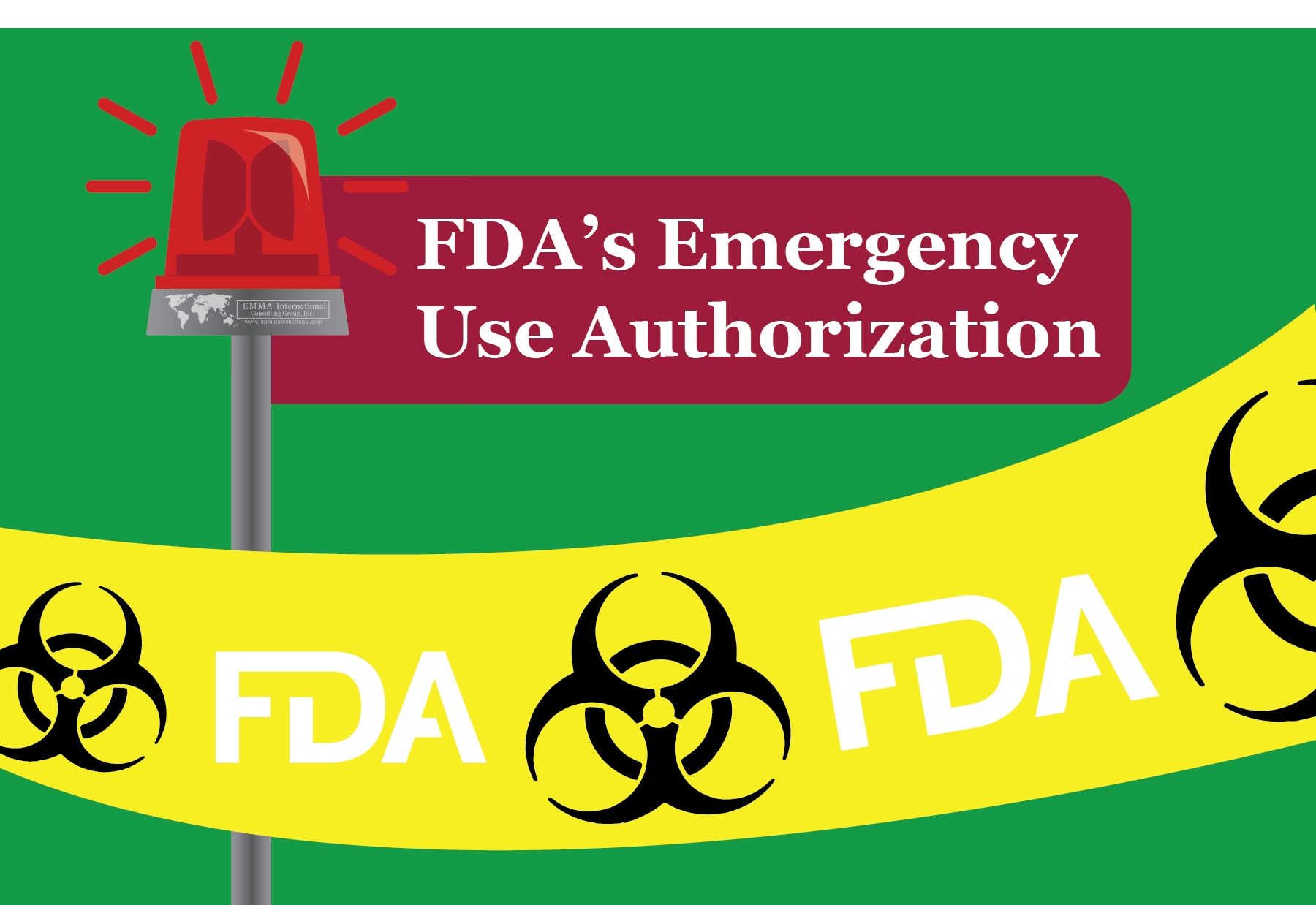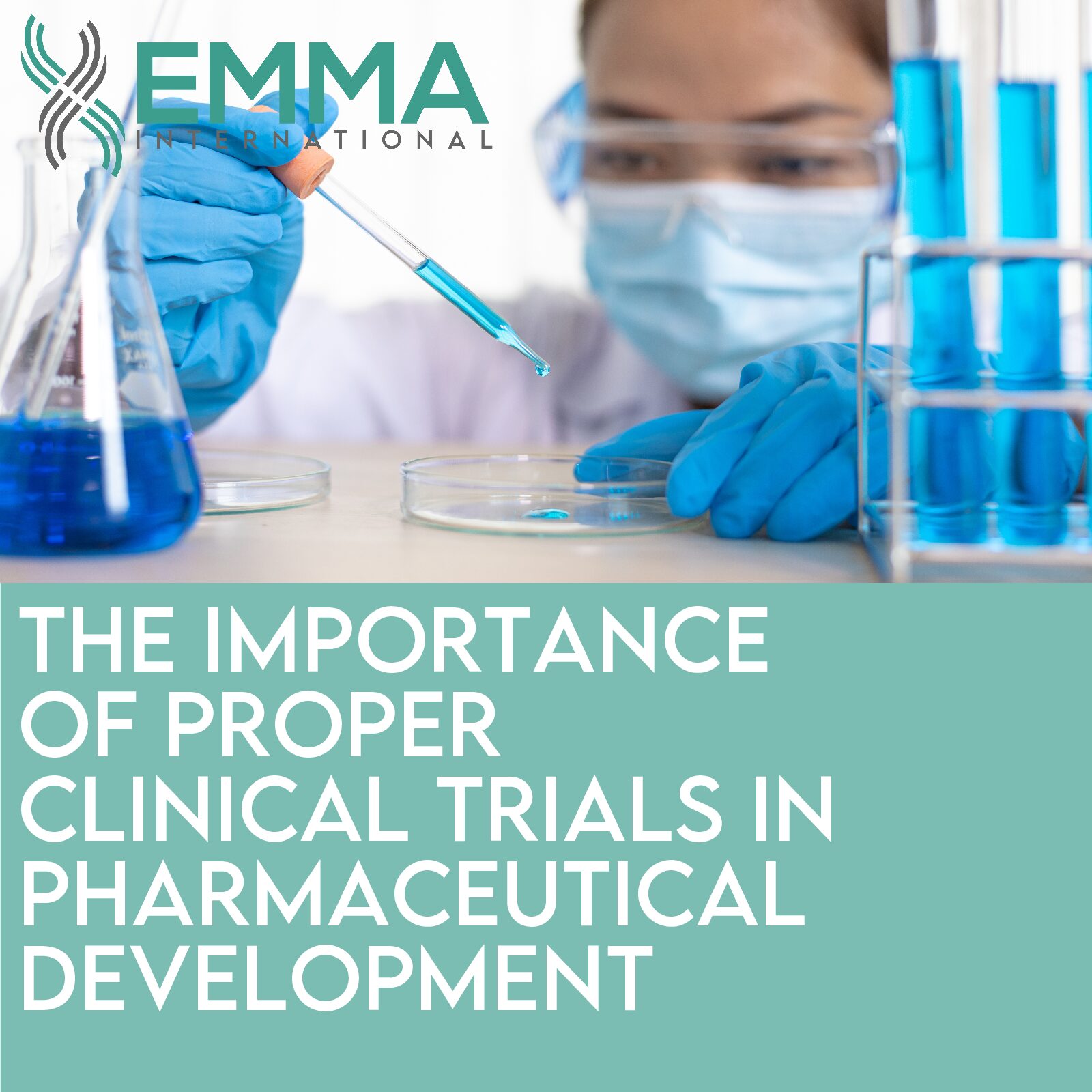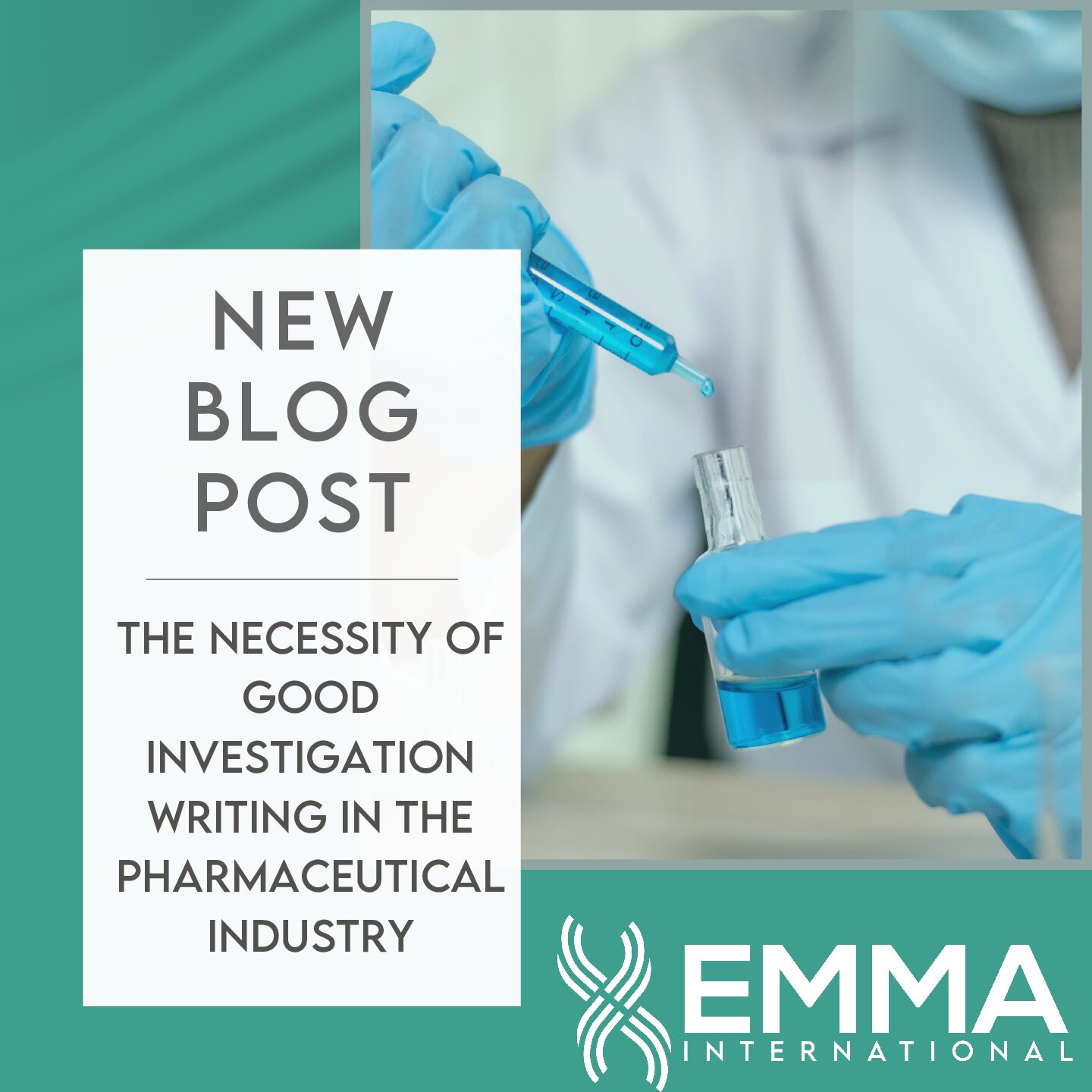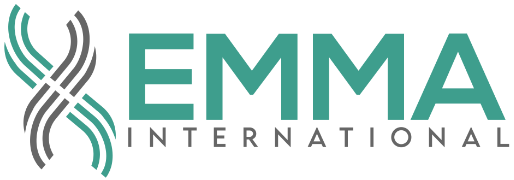Whenever there is a public health emergency, such as the Zika virus in 2016 or the current novel coronavirus, there is a rush to get diagnostic tests and other medical products to detect and treat the emergency available quickly. Given that dealing with the FDA isn’t usually a quick transaction, there is a provision in place called the Emergency Use Authorization (EUA) which allows the use of unapproved medical products when there are no other adequate or available alternatives.
Section 564 of the Federal Food, Drug, and Cosmetic Act (FD&C Act) gives the FDA Commissioner the authority to allow the use of medical products that haven’t been approved or cleared using the EUA when there is a public health emergency.1 The goal of this is to increase public protections against health threats by making medical countermeasures (MCM’s) readily available.2 These MCM’s are mainly diagnostic tests, of which some end up getting cleared via the De Novo pathway after their EUA use such as a 2015 Ebola diagnostic that could diagnose the virus within 30 minutes.3
The big topic at the moment is the novel coronavirus (2019-nCoV). On Tuesday, the FDA officially issued an EUA to the CDC’s Real-Time RT-PCR Diagnostic Panel. Before the authorization, the use of the test was limited to only CDC laboratories, now the test is authorized to be used at any CDC-qualified lab in the country.4
A trend, however, that the FDA has noticed with many diagnostic’s given EUA clearance is that they never make the full transition from emergency use to full marketing status. This is thought to be largely due to the fact that once a health emergency winds down and use of the diagnostic or device diminishes, so does the business case for pursuing FDA clearance. It could be extremely costly to develop the clinical data and other evidence needed for FDA submission, and if the emergency is over, is it worth it to spend the money to develop a product that will have limited use? The FDA and industry experts convened a workshop on Monday to develop a roadmap for how diagnostics are evaluated during and after public health emergencies with a focus on the pathway to marketing post-emergency.5
If you need help navigating the FDA for your diagnostic or medical device, EMMA International has the expertise to help! Call us at 248-987-4497 or email info@emmainternational.com to see how we can help.
1FDA (Feb 2020) Emergency Use Authorization retrieved on 02/04/2020 from: https://www.fda.gov/emergency-preparedness-and-response/mcm-legal-regulatory-and-policy-framework/emergency-use-authorization
2FDA (September 2019) MCM Emergency Use Authorities retrieved on 02/04/2020 from: https://www.fda.gov/emergency-preparedness-and-response/mcm-legal-regulatory-and-policy-framework/mcm-emergency-use-authorities
3OraSure Technologies (January 2015) OraQuick Ebola Rapid Antigen Test retrieved on 02/05/2020 from: https://www.orasure.com/products-infectious/products-infectious-oraquick-ebola.asp
4FDA (Feb 2020) FDA Takes Significant Step in Coronavirus Response Efforts, Issues Emergency Use Authorization for the First 2019 Novel Coronavirus Diagnostic retrieved on 02/05/2020 from: https://www.fda.gov/news-events/press-announcements/fda-takes-significant-step-coronavirus-response-efforts-issues-emergency-use-authorization-first
5MDIC (February 2020) Advancing EUA IVD Products Toward Full Marketing Status retrieved on 02/05/2020 from: https://mdic.org/event/advancing-eua-ivd-products-toward-full-marketing-status/







